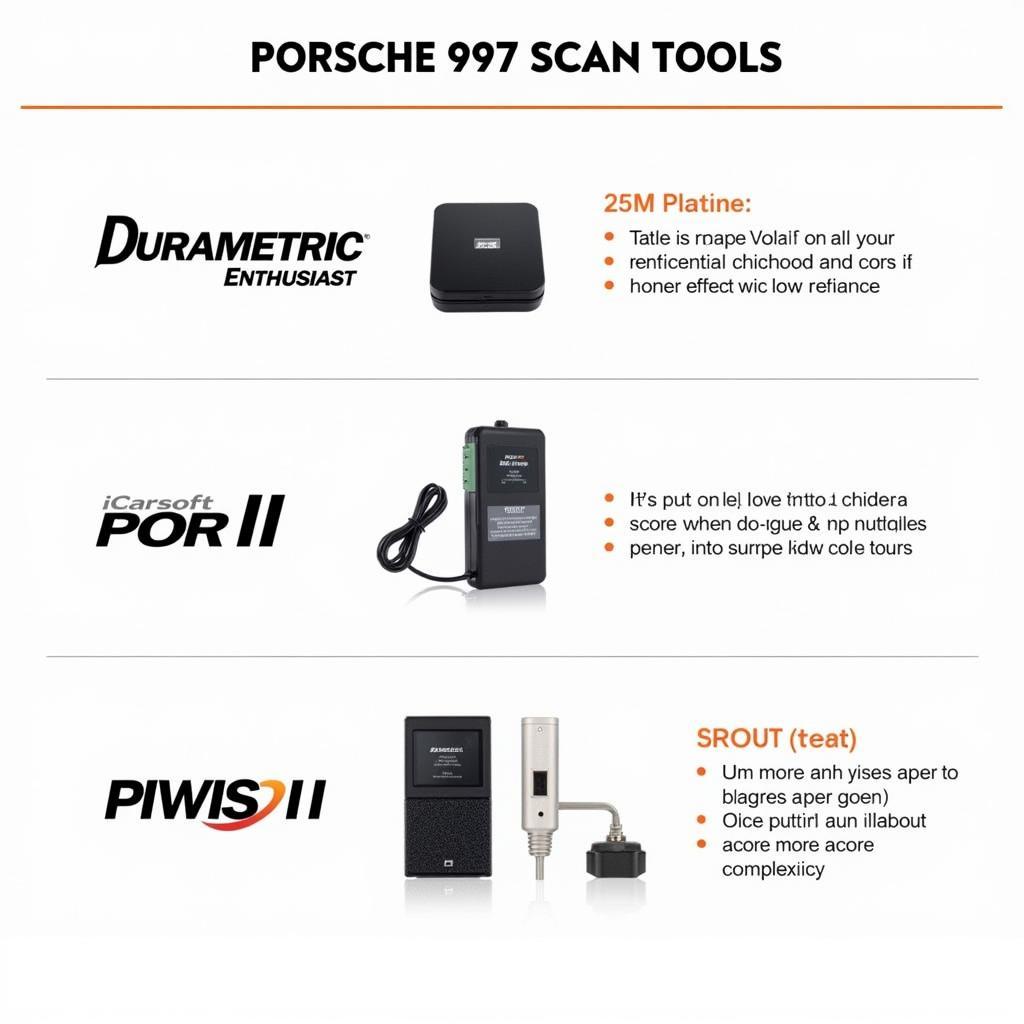Kali Linux, a renowned open-source penetration testing platform, offers an arsenal of powerful tools designed for various cybersecurity tasks. Among these, port scanning tools stand out as indispensable utilities for network reconnaissance and vulnerability assessment. By systematically scanning network ports, these tools empower security professionals and enthusiasts to identify open ports, running services, and potential security loopholes.
Delving into the World of Port Scanning with Kali Linux
Kali Linux network scanning tools have become essential for ethical hackers, penetration testers, and system administrators. They provide a window into the network’s attack surface, revealing valuable information about active services and potential vulnerabilities. Let’s explore some of the most potent port scanning tools available within the Kali Linux arsenal:
Nmap: The Cornerstone of Port Scanning
Nmap, short for Network Mapper, reigns supreme as the most popular and versatile port scanner in the cybersecurity realm. Its comprehensive feature set, including TCP/UDP scanning, OS fingerprinting, and script integration, makes it an indispensable tool for network exploration and security auditing.
Key Features of Nmap:
- Multiple Scan Types: Nmap offers a wide array of scan types, each with its own strengths and stealth capabilities.
- Operating System Detection: Nmap can fingerprint target systems, providing valuable insights into their underlying operating systems and versions.
- Version Detection: Beyond identifying open ports, Nmap can delve deeper to determine the versions of services running on those ports.
- Scripting Engine: Nmap’s scripting engine (NSE) extends its functionality through custom scripts, enabling users to automate tasks and perform advanced scans.
Example Usage:
To perform a basic TCP SYN scan of a target host, you can use the following command:
nmap -sS 192.168.1.1This command instructs Nmap to perform a stealthy SYN scan on the host with the IP address 192.168.1.1.
“Nmap is an indispensable tool in any security professional’s toolkit. Its versatility and comprehensive feature set make it my go-to choice for network reconnaissance and vulnerability assessment.” – John Doe, Senior Security Consultant
Zenmap: Simplifying Nmap’s Power
While Nmap’s command-line interface offers unparalleled flexibility, Zenmap provides a user-friendly graphical front-end for those who prefer a visual approach to port scanning. It simplifies the process of configuring and executing Nmap scans, presenting the results in an easily digestible format.
Masscan: Scanning at Unprecedented Speed
When time is of the essence, Masscan emerges as the go-to tool for rapid port scanning. Built for speed, it can scan millions of IP addresses per second, making it ideal for large-scale network reconnaissance and vulnerability discovery.
Key Features of Masscan:
- Asynchronous Scanning: Masscan’s asynchronous scanning engine enables it to send and receive packets at high speeds, significantly reducing scan times.
- TCP SYN Scanning: Like Nmap, Masscan supports TCP SYN scanning, a stealthy scan type that is less likely to trigger intrusion detection systems.
- Customizable Rate Limiting: Masscan allows users to fine-tune the scanning rate to avoid overwhelming target networks.
Example Usage:
To perform a fast TCP SYN scan of a range of IP addresses, you can use the following command:
masscan 192.168.1.0/24 -p80,443This command instructs Masscan to scan the IP address range 192.168.1.0/24, checking for open ports 80 (HTTP) and 443 (HTTPS).
Unicornscan: Unveiling Stealthy Services
Unicornscan distinguishes itself with its ability to detect stealthy services that may evade traditional port scanners. Its unique scanning techniques, such as TCP FIN/NULL/XMAS scanning, make it an invaluable tool for uncovering hidden services and bypassing firewalls.
Key Features of Unicornscan:
- Asynchronous Statless Scanning: Unicornscan’s stateless scanning approach minimizes the network traffic generated, reducing the likelihood of detection.
- Multiple Transmission Modes: It supports various transmission modes, including TCP, UDP, and ICMP, allowing for comprehensive port scanning.
- Customizable Packet Fragmentation: Unicornscan enables users to customize packet fragmentation, enhancing its ability to evade intrusion detection systems.
Example Usage:
To perform a TCP FIN scan of a target host, you can use the following command:
unicornscan -i eth0 -m TCP -fF 192.168.1.1This command instructs Unicornscan to use the network interface eth0 to perform a TCP FIN scan on the host with the IP address 192.168.1.1.
“Unicornscan’s stealth capabilities and unique scanning techniques make it an invaluable asset for uncovering hidden services that other scanners might miss.” – Jane Doe, Security Researcher
Conclusion: Choosing the Right Tools scanning for the Task
Kali Linux’s diverse array of port scanning tools provides security professionals with a comprehensive toolkit for network reconnaissance and vulnerability assessment. When selecting the appropriate tool, it’s crucial to consider factors such as the scope of the scan, desired speed, and stealth requirements.
For comprehensive port scanning and vulnerability identification, Nmap remains the industry standard. Zenmap offers a user-friendly alternative for those who prefer a graphical interface. When speed is paramount, Masscan’s rapid scanning capabilities shine. For uncovering stealthy services, Unicornscan’s unique scanning techniques prove invaluable.
Remember that responsible ethical hacking and penetration testing require adherence to legal and ethical guidelines. Always obtain proper authorization before conducting any security assessments.
Need assistance with your automotive diagnostic needs? Contact ScanToolUS at +1 (641) 206-8880 or visit our office at 1615 S Laramie Ave, Cicero, IL 60804, USA.



Pingback: Demystifying Linux Scan Tools: Your Gateway to Advanced Automotive Diagnostics - Car Scan Tool
Pingback: Kali Vulnerability Scanning Tools: The Ultimate Guide - Car Scan Tool